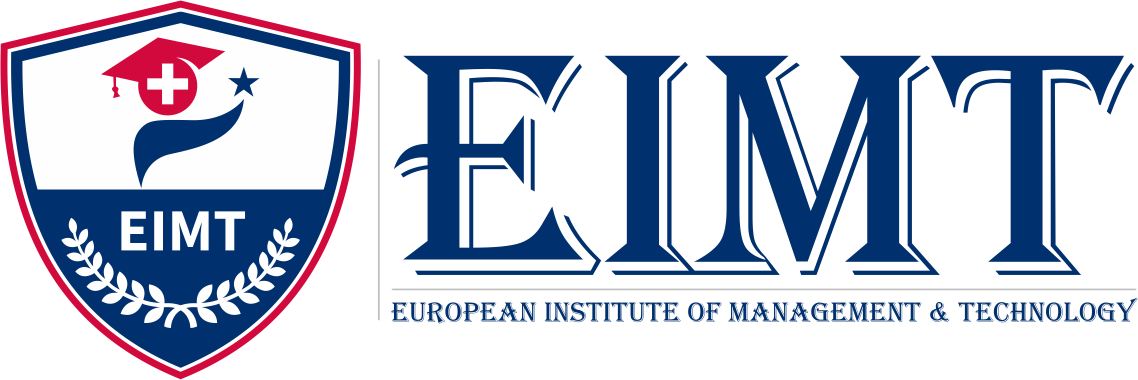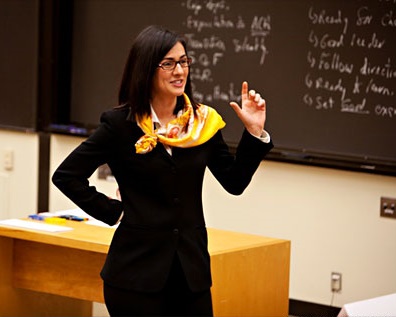
Master Of Arts In Economics
- Home
- Master Of Arts In Economics
Program Overview
This program is designed for students who are preparing for a career in economics or those seeking to develop their knowledge of economic theory and its applications. This program offers a technical and rigorous approach to the study of economics.
Salient Features
-
24 Months online Program.
-
Specially Designed for Working Professionals
-
International Networking Opportunities.
-
Highly Qualified Industry Experienced Faculties.
-
Focused & Unique Curriculum.
-
Get a holistic/strategic understanding of the World Economy.
-
Discover the latest tools & trends in the Economic sector.
Achieve Your Dream
Master of Arts in Economics (MAE)
MAE Key Learning Majorly Focuses on:
- Utilize models to predict the changes in various economic indicators (such as price, output, growth, employment, inflation, and welfare) and impacts on the economy.
- Solve complex arithmetical economic models.
- Communicating the Rationale behind Constructing Economic Models.
- Interpreting and Defining Solutions to Economic Models.
- Developing clear and specific research questions and hypotheses using economic models.
- Employing appropriate data and statistical tools for testing the Hypothesis.
-
MASTER OF ARTS IN ECONOMICS
EIMT offers this program to facilitate in-depth technical training and help students become adept at quantitative methods and their applications, enabling students to conduct in-depth economic analysis on their chosen topic. Direct, Plan, and conduct in-depth research projects that explore topics ranging from highly abstract themes to empirical problems using real-world data in close collaboration with our expert team of faculty.
Master of Arts in Economics
- Eligibility: Bachelor's Degree
- Duration: 24 Months
- Enrollment: Throughout the Year
Important Information Regarding MAE Program
Program Delivery



Professional Professors
General Admission Requirements:
Candidates are eligible for admission by satisfying the following admissions criteria:-
A bachelor’s / Undergraduate degree.
-
Submission and evaluation of graduate school applications including; undergraduate academic transcripts, ID or passport copy, and resume.
-
Applicants for the MAE program are exempted from an English exam provided they completed their schooling years and/or bachelor’s program at a recognized school where the medium of teaching is English.
Application Go Through:
Applications are only accepted online. Our Admission panels will review your application, check your academic performance and future potential, and students will then be contacted accordingly.
What is Next?
The Curriculum
Modules during your coursework
-
MICROECONOMICS
The objective of this paper is to develop an understanding of the basic microeconomic theory that has applications in other areas of Economics. At the end of this course, students are expected to be familiar with basic microeconomic theory and acquire analytical skills to analyze problems of economic policy. Projects and hands-on experiments would be included to enhance understanding of the concepts.
-
MACROECONOMICS
This paper is designed to provide in-depth knowledge of varied concepts of Macroeconomics. The contents of the paper throw light on a range of issues like national income, social accounting, consumption expenditure, investment analysis, inflation, trade cycle as well as money supply and demand for money.
-
AGRICULTURAL ECONOMICS
This course aims to enhance the student’s understanding of agricultural development. Starting from basic questions like what factors lead to agricultural development or why the share of agriculture in GDP goes down once economies start developing, the course tries to enhance the student’s awareness of contemporary debates in the literature and leads them to the analysis of current governmental policies and strategies for surviving in the globalizing world.
-
ECONOMICS OF LABOUR MARKET
The objective of this course is to introduce the student to labor economics with an emphasis on microeconomic theory and empirics. Through the course, the student will learn the basic economic forces behind employment and wages, sources of labor market imperfections, driving forces for education and skill upgradation, discrimination among workers, and public policies for labor welfare.
-
INDUSTRIAL RELATIONS IN UNITED STATES
This course aims to provide a basic conceptual understanding of the economics of trade unions and industrial relations. The empirical relevance of theories with suitable examples from a practical industrial relations viewpoint will strengthen a student’s understanding of the topic along with their limitations.
-
ECONOMETRICS
This paper is designed with the objective of acquainting the students with advanced research techniques.
-
INDUSTRIAL ECONOMICS
This paper will make aware learners of the factors helping the industry, other areas supporting it, and market structure, and also focus on financial institutions, policies, and theories of location. It also focuses on aspects related to industrial growth.
-
PUBLIC FINANCE AND PUBLIC CHOICE
The objective of this paper is to provide advanced theoretical knowledge of the theory of Public Finance and public choice. In addition, the learners would find it interesting to analyze the nation’s budgets and fiscal federalism.
-
INTERNATIONAL TRADE: THEORY AND POLICY
This paper aims at providing a theoretical exposition of bases, effects, and restrictions on the free flow of International Trade with empirical evidence. It also updates the learner’s knowledge about regional trading arrangements and multilateralism in the context of WTO.
-
ECONOMICS OF HUMAN DEVELOPMENT
This course on the Economics of Human Development focuses on the widely accepted global perspective of viewing development as the expansion of peoples’ capabilities, capacities, and choices. This elective has a relatively strong applied component specifically in relation to countries, built into each module. -
ECONOMICS OF DEVELOPMENT
The objective of this paper is to integrate the developmental perspectives and theories to enable the students to understand the complexity of developing economies and the related economic challenges. Students will have the opportunity to leverage critical reflection on the major economic ideas from development perspectives.
-
FINANCIAL ECONOMICS
This paper introduces students to the varied concepts of the economics of Finance. Its goal is to impart comprehensive knowledge about the fundamental models of investment and portfolio analysis, inclusive of the CAPM. The paper is designed to throw light on the valuation of assets, derivatives, and options in addition to patterns of corporate financing which will be based on a case study approach.
-
STATISTICAL METHODS IN ECONOMICS
This paper is specifically designed with the goal of equipping students with the skills to use quantitative techniques in varied disciplines. The paper also aims to acquaint the students with the techniques of elementary research.
-
QUANTITATIVE ECONOMICS
This paper acquaints the students with advanced mathematical techniques, which are used in economics. The approach will be based majorly on application.
-
DEMOGRAPHY: THEORY AND POLICY
This paper provides students with an in-depth understanding of demographic processes as well as the linkages between population and economic development. The paper aims to familiarise students with the major demographic events.
-
DISSERTATION
A complete project report of a selected area of research.
Frequently Asked Questions
-
Are faculties same in BA Economics and MA Economics.
Yes, barring one or two, all the faculties are the same. Our team of faculties is selected from across the globe given their level of expertise in the industry as well as in teaching.
-
I have some relevant coursework that, could it count against required courses?
Incoming students can be allowed to transfer up to 6 credits of previous graduate or qualifying undergraduate work.
-
What are the mathematics and statistics prerequisites?
Students are expected to be familiar with basic calculus, linear algebra, probability, and statistics. The program is also open to students without sufficient background in statistics and mathematics, however, they must be willing to adjust their coursework for fulfilling the formal prerequisites.
-
Do I need a background in Economics or Social Sciences to apply?
Although desirable and useful, a background in Economics/social sciences is not mandatory. EIMT developed this to accommodate students of all backgrounds.
-
Do students receive financial support?
Financial support is extremely limited. Generally, there's no financial aid for students in online master's degree programs.
-
What are the career opportunities for graduates?
EIMT graduates are thriving in numerous positions across diverse industries like Investment banking, management consulting, brokerage, government organization, and even in the non-profit sector.
-
Can I speak with a current student about the program?
We are fortunate to have a close-knit, friendly, and supportive group of students who are eager to share their experiences with prospective and incoming students.
-
Is a GRE required?
No, a GRE exam is not required for any of the graduate programs in the Department.
-
Can I take this program part-time?
Yes, this course is fully online.
-
How fast can I complete the degree?
It is 2 years degree program.
